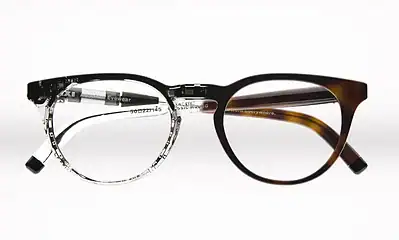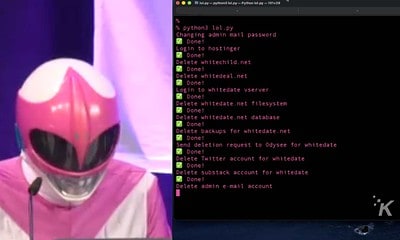News
Nintendo wins $2 million lawsuit against Switch modder
The judge also ordered that all modder’s potentially infringing devices be seized or destroyed.

Just a heads up, if you buy something through our links, we may get a small share of the sale. It’s one of the ways we keep the lights on here. Click here for more.
Nintendo has once again proven it’s the final boss of the courtroom.
Last week, a Washington District Court judge handed the gaming giant a $2 million win against Ryan Daley, who had been running a site called Modded Hardware.
His business? Selling souped-up Switch consoles, modchips, and the ever-popular Mig flash cartridges, the kind of hardware that lets you play pirated games without paying for them.
Nintendo, unsurprisingly, was not amused.
The company accused Daley of inflicting “significant and irreparable harm,” arguing that his products enabled mass piracy of its games.
The judge agreed, ruling that the hacked consoles and chips “allow members of the public to create, distribute, and play pirated Nintendo games on a massive scale.” (Via: Engadget)
Daley denied the allegations but, notably, represented himself without a lawyer. Spoiler: it didn’t go well.
The court’s decision bans Daley from selling or even using modding tools on Switch consoles ever again.
To drive the point home, the judge also ordered that all his potentially infringing devices be seized or destroyed. It’s the legal equivalent of having your save file wiped and your console smashed.
Nintendo’s lawyers are no strangers to this grind.
In just the past year, the company has shut down emulators like Yuzu and Ryujinx, taken on file-sharing sites, and warned that the upcoming Switch 2 could be bricked if users attempt to mod it.
Daley’s case is a reminder that while modding culture has long been a gray zone for tinkering enthusiasts, Nintendo sees it in black and white: you mess with their consoles, you mess with their bottom line. And Nintendo rarely loses.
So while Daley walks away with a $2 million bill and a lifetime ban from Switch modding, Nintendo chalks up another victory in its decades-long war on piracy.
The message to would-be hackers is clear: if you try to play Mario without paying, don’t be surprised if Nintendo lawyers show up to stomp on you like a Goomba.
Is Nintendo’s aggressive legal stance against console modders necessary to protect their business model, or does it stifle legitimate tinkering and homebrew development? Should there be clearer legal distinctions between modding for piracy versus modding for legitimate purposes like homebrew games and accessibility features? Tell us below in the comments, or reach us via our Twitter or Facebook.


























